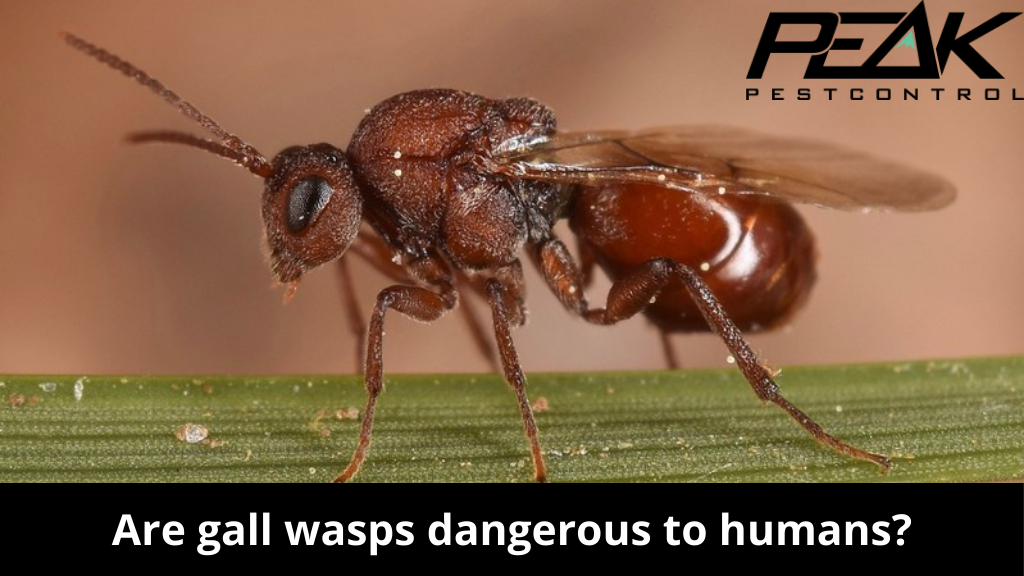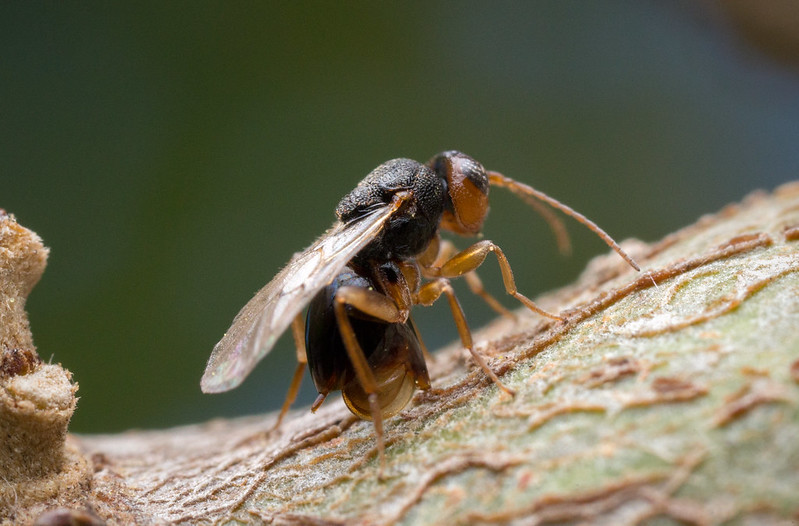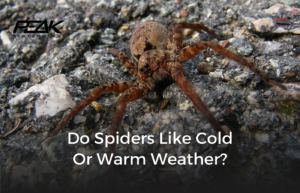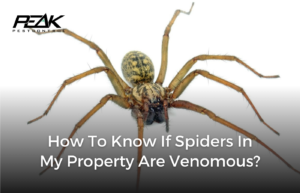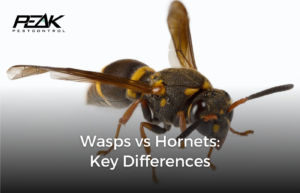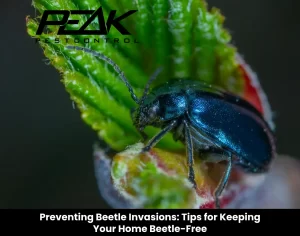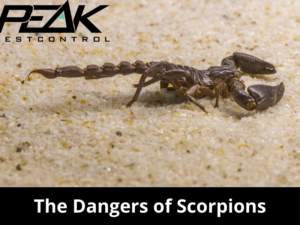Gall wasps are often a subject of curiosity and concern among homeowners and health-conscious individuals. Despite their common presence in our environments, many people wonder about the actual risks associated with these tiny insects.
In this post, we aim to clarify the nature of gall wasps and whether they should be a cause for concern.
Understanding Gall Wasps
Gall wasps are unique insects known for their role in forming galls on plants. While they are an interesting part of the natural ecosystem, their interaction with humans is usually minimal. However, it is natural to question whether these creatures can be harmful to our health.
What is the Purpose of a Gall Wasp?
The gall wasp is an insect responsible for creating distinctive plant growths known as galls. These galls serve as homes for their larvae, providing nutrients and protection. The life cycle of a gall wasp is intricate, and their ability to manipulate plant tissues is remarkable.
Gall wasps play a crucial role in ecosystems as they contribute to the biodiversity of plant life. Their existence, though sometimes considered a nuisance to gardeners, is vital for a healthy environmental balance.
Common types of gall wasps
There are many species of gall wasps, and each prefers a specific type of host plant. Some target oak trees, while others may choose rose bushes or other flora. Identifying the type of gall wasp you’re dealing with can aid in effective control.
Health Impact on Humans
So, are gall wasps dangerous to humans? Generally, gall wasps are not harmful. They do not sting and are not aggressive. However, like many insects, they can cause indirect issues such as:
- Allergies and skin irritations: Some people may have allergic reactions to galls, although this is rare.
- Impact on respiratory health: The presence of galls in large numbers can affect individuals with certain respiratory conditions, due to mold or mildew that may grow on the galls.
How Do You Get Rid of Gall Wasps?
Gall wasps can be a nuisance, especially for garden enthusiasts and fruit growers. Getting rid of them requires a combination of preventative and active measures. One common method is to prune and dispose of any gall-afflicted branches before the wasps hatch. This not only eliminates the wasp larvae but also prevents the spread of infestation.
In addition to pruning, some deterrents can be used to prevent egg laying. For example, petroleum spray oils used against other citrus insect pests can deter gall wasp adults from laying eggs. Calcined Kaolin, a type of clay, can also discourage wasps from laying their eggs.
It’s important to remember that gall wasps don’t travel very far and usually only reinfest the tree they emerged from. Therefore, vigilant pruning of all galls can help control the problem. If these methods are not effective, it may be beneficial to consult with gall wasp control services for personalized solutions.
Remember, sometimes insecticides provide no control at all, and it’s better to avoid using residual, broad-spectrum ones4. Each situation is unique, and what works best may depend on various factors like the type of plant and the extent of infestation.
Understanding Gall Wasps: A Minor Concern for Plant Health
Gall wasps are not a direct danger to humans. As you enjoy your garden and the wonderful biodiversity it supports, take solace in knowing that gall wasps are a small, and generally harmless, part of nature’s vast tapestry. Their presence is more of a concern for plant health than for human health. Should you encounter galls on your plants, remember that control and consultation services are available to help manage these unique insects.
So, the next time you spot those peculiar growths on your plants and suspect gall wasps might be the culprit, don’t fret. Peak Pest Control is here to help! We specialize in gall wasp control services, ensuring the health of your beloved flora. Don’t let these tiny insects disrupt the tranquility of your garden. Reach out to us today and let our experts give you peace of mind. Remember, a flourishing garden awaits with Peak Pest Control at your service.

